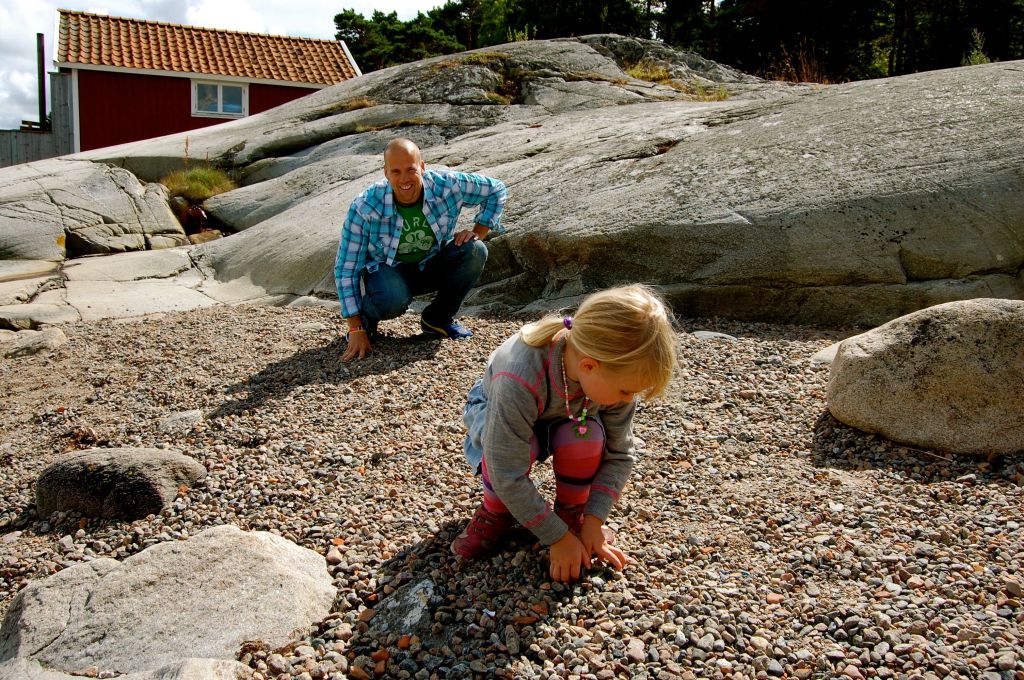The question that a scientific mind often experiences, is one, which is complexly intertwined, with the way we understand the world around us. These questions emanate from curiosity.
To initiate an exposition with that in mind, we can look into, how we grow our notions about the immediately connected world, eg, the notions of the world, that our previous generation, passes to us, which they inherited by their own experience.
We learn about, how to play a particular game, or a sports, how to speak, how to make sense and how to interact with one another.
That preparatory way, to learn the basics, of our living, is a must for any kid, in a moderately advanced society. That takes several years of a child’s life and modifies him, her, to an educated child or an adult.
Once s(he) has reached that phase, s(he) truly learns to appreciate the further complicacy and complexities, in the world that s(he) lives in. The complicacy might reflect his, her, primary mode of learning, via a multitude of relationship methods, that s(he) forms, based on his or her own persona. The complexities might reflect, the underlying truth of the Universe.
His or her, secondary mode of learning, are what we may ascribe, to an universal education system, his or her school, his or her play ground, his or her friends, the media; TV, internet, the new age mantras and tantras and so on.
If we compare the phrase “moderately advanced” with the phrases, “developing”, “developed” or “3rd world”, we will find a ray of hope, because from my own experiences, I can immediately say, India is a moderately advanced country, it has tremendous intellectual GDP, despite of its lack of many resources and technology, or social inequity that is caused by any or many of the factors, ascribed to a developing country. In that sense, “moderately advanced” is a new scientific description or at-least a new scientific terminology.
Now that the child has metamorphosed, to his — or her, adult phase, s(he) begins the phase of selection or choice. Here s(he) wants, s(he) has needs and based on which part of the globe, s(he)’s grown up in, s(he) has a degree of awareness; about his or her, rights and responsibilities.
I think this is a time in his or her life, when s(he) starts delving, into diversions of his or her choice. S(he) develops feelings, intuition, ideas, friends and relations. S(he) appreciates his or her, own sense, as well as another’s, associates with knowledge, goes after experiences, talks about mysteries, enjoys the attraction of illusions, paradoxes do appeal to him or her.
But one thing is certainly missing from his or her persona. The quest for finding his or her ignorance, to self-mentor his or her doubts and not to misconstrue the uncertainties as mere globs of insignificance.
Among the myriad diversions, his or her choice-full mind, has thrown open for him or her, among the multitude of choice his or her freewill has led him or her to, an important diversion, has only occurred in a few of the minds.
Very rightfully, these are the scientific minds, minds that question, with an inquisitive bent of design, that sharpens with time. This is where doubts, ignorance and uncertainties enter his or her mind and fulfill his or her urge, to transcend the traditions of knowledge.
If we sum up in Donald Rumsfeld’s words of known known’s, known unknowns and unknown unknowns, science is a diversion in the direction of the unknown unknowns. Because, these are the doubts, ignorance and uncertainties, that propel the inquisitive mind.
This is a diversion and this is a parallax. This parallax, signifies the many truthful side, of the same object, the same truth. This is science and this is not possible with, the known known‘s only.
Science is not possible, with merely the known unknowns, because sooner or later, the mysteries, paradoxes and illusions will be forgotten, or solved one way — known, or another — unknown.
But the likelihood, that the unknown unknown gives, for fruitful science, is highest for scientific exploration. In hind sight, there are two unknowns there.
In language, that everyone is familiar with, a ‘known known’ is like the popular phenomena of gravity or the interesting phenomena of magnetism, we know they exist and we know they happen.
A ‘known unknown’ is like the mystery of the God or the alien that visited us in UFO or the signal that a remote civilization sends to us earthlings.
An ‘unknown unknown’ is where, most of our scientific muscle and credit line is invested; its about exploring the unknown matter that pervades our universe, the ‘God’ particle that gives value to masses, or the strings at the smallest scale of our universe, that may turn out to be a poof or as they say in my native ‘elephant’s fart’.

Leave a comment